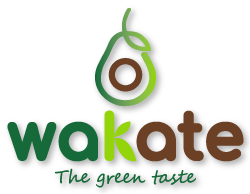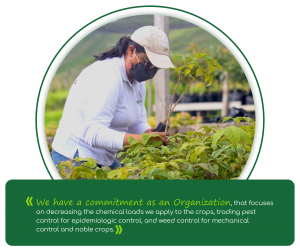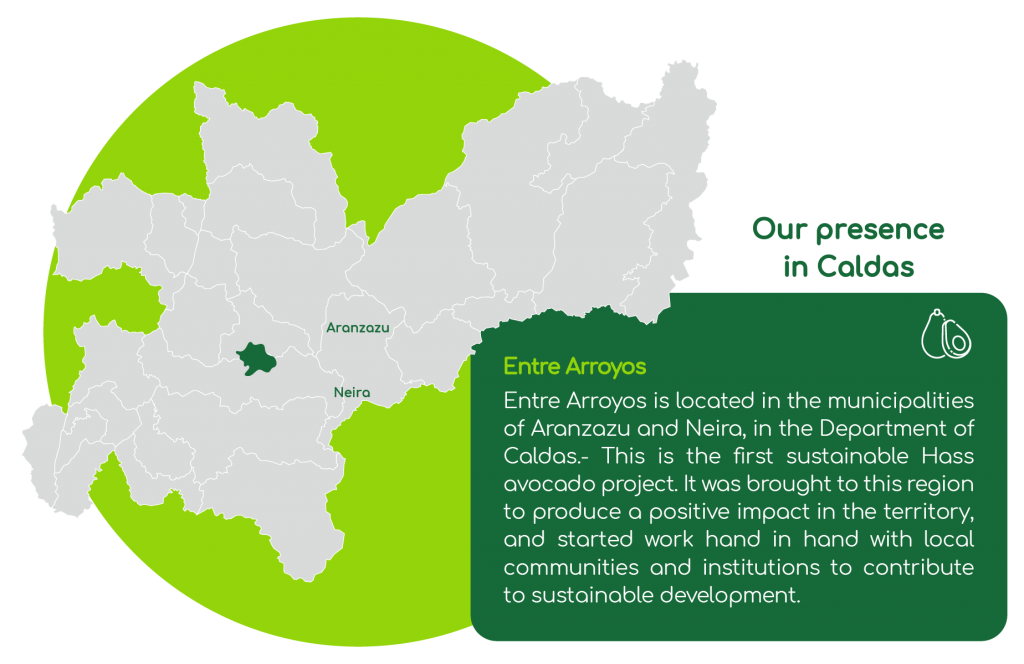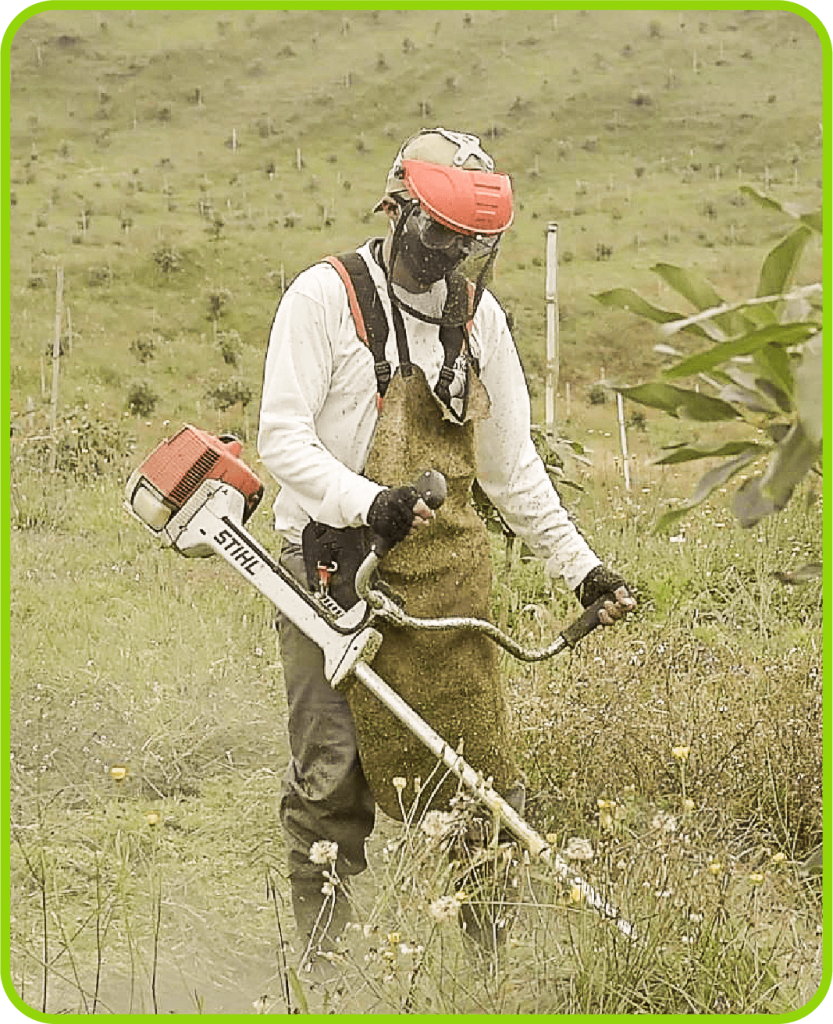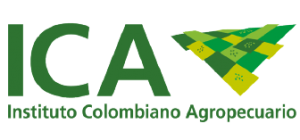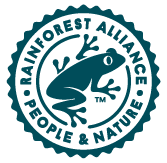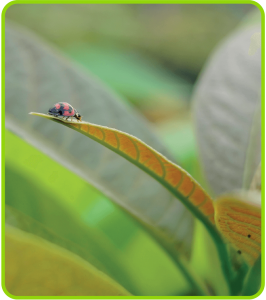Plant production
The Wakate Hass nursery, which is located at KM 41 in the jurisdiction of Manizales, has a production capacity of 600.000 Hass avocado trees per year, for its own supply and for sale to third parties.
Administrative processes were carried out with Instituto Colombiano Agropecuario – ICA for the sale of plant material to third parties. The Nursery complied with the applicable agricultural practices, regulations, technical assistance and traceability management for the plant material.
